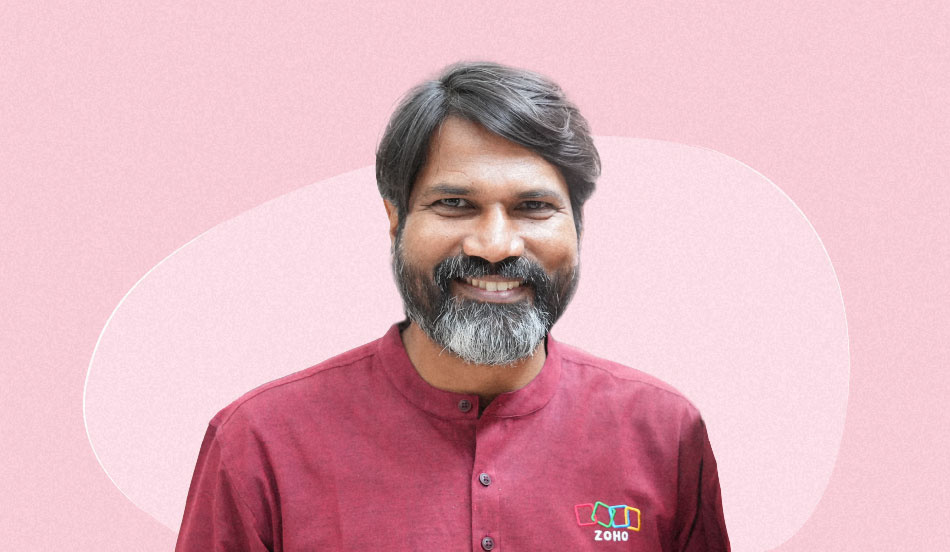Leadership Fieldnotes #1: Short-term vs. life-time work — Mani Vembu

(Welcome to Leadership Fieldnotes, a series that draws from the Zoho leadership's notes to the organization on Connect, our workplace intranet platform and knowledge base. The following is a slightly edited version of a note from Mani Vembu, CEO of Zoho.com, originally posted on 21 January 2025.)
I used to play cricket, and I loved the game as it's the team that wins. It doesn't take a long time to learn the basics of batting or bowling, or fielding in cricket, but it takes a lot of effort and talent to be the best in the game. I think it's true for everything we want to excel at. From sports to music to art, it won't take time to learn the basics, but it takes a lot of effort and talent to excel in them.
Excellence comes because a batsman or a bowler in cricket never gets promoted after 2-3 years and starts managing other batsmen or bowlers. They remain batsman or bowler until they retire. It's almost doing the same thing—swing the bat or the ball, but still, there is so much to learn and master. Players spend almost all their time and energy learning new techniques. For the best, cricket has become their life-time work.
If we compare the software industry (especially product companies) with cricket, programming or designing or content or sales or support were not considered life-time work. They become the short-term work to get promoted to retire from the actual work. From hands-on experience of doing the actual work, we move to become managers, mostly managing people and escalations. It's the product, use cases, design, technology, engineering, and content that needs to be iterated and managed, and not the people. People can manage themselves when the rest of the actual work is taken care of.






